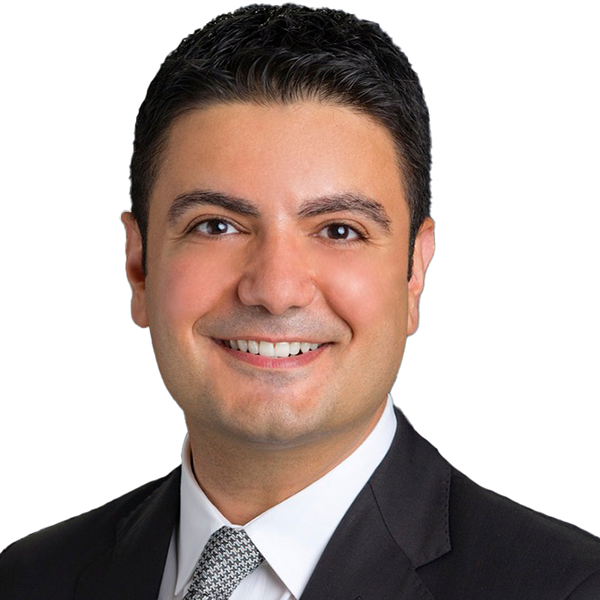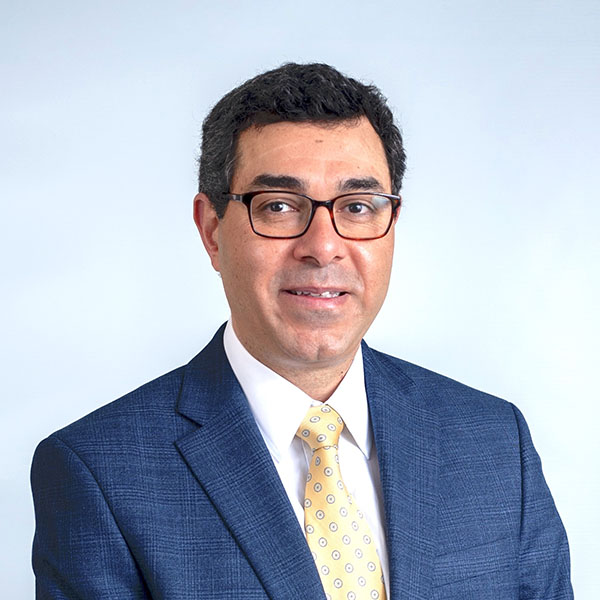
New thinking about plaque in arteries that feed the brain

Want to prevent shifting teeth? Maybe you need retainers

What you need to know about the new dietary guidelines

Food that’s healthier for people and planet can be cheaper, too

New evidence that polyphenol-rich foods help the heart

8 simple ways to reduce ultra-processed foods in your diet

How to curb your stress eating

How to spot Parkinson’s disease symptoms

Heart failure symptoms in women: How they’re different

GERD diet: Foods to avoid to reduce acid reflux
Harvard Health Experts and Contributors
List of Experts

Lauren Abeles, MS, RD, LDN
Contributor

Susan Abookire, BSEE, MD, MPH, FACP
Contributor

Steven A. Adelman, MD
Contributor

Marwa A. Ahmed, MD, MS
Contributor

Sercan Akyalcin, DDS, MS, PhD
Contributor

Jessica Allegretti, MD, MPH
Contributor

Joseph Allen, DSc, MPH, CIH
Contributor

Daniel Amponsah, MD
Guest Contributor

Christopher D. Anderson, MD, MSc
Contributor

Sue-Ellen Anderson-Haynes, MS, RDN, CDCES, LDN, NASM-CPT
Contributor

Chika Anekwe, MD, MPH
Contributor; Editorial Advisory Board Member, Harvard Health Publishing

Adjoa Anyane-Yeboa, MD, MPH
Contributor

Caroline Apovian, MD, FACP, FTOS, DABOM
Contributor

Wynne Armand, MD
Contributor

Sait Ashina, MD
Contributor

Steven J. Atlas, MD, MPH
Contributor

Parham Azimi, PhD
Contributor

Ashwini Bapat, MD
Contributor

Miriam Barshak, MD
Contributor

Melissa Bartick, MD
Contributor

Elizabeth Bashoff, MD
Contributor

Nicole Baumer, MD, MEd
Contributor

Lisa Baute, MD
Contributor

Lisa Bebell, MD
Contributor

Hany Bedair, MD
Contributor

New thinking about plaque in arteries that feed the brain

Want to prevent shifting teeth? Maybe you need retainers

What you need to know about the new dietary guidelines

Food that’s healthier for people and planet can be cheaper, too

New evidence that polyphenol-rich foods help the heart

8 simple ways to reduce ultra-processed foods in your diet

How to curb your stress eating

How to spot Parkinson’s disease symptoms

Heart failure symptoms in women: How they’re different

GERD diet: Foods to avoid to reduce acid reflux


